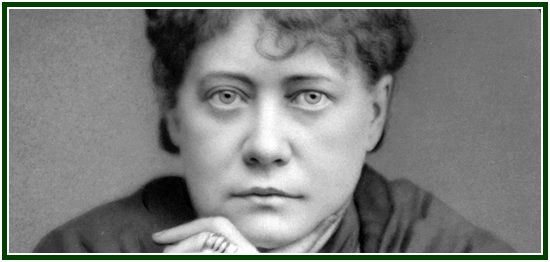
Philosophers Need no External
Object for the Practice of Concentration
Damodar K. Mavalankar

0000000000000000000000000000000000000000000000000000
Editorial Note:
The following text is reproduced from the book “Damodar and
the Pioneers of the Theosophical Movement”, Compiled and
Annotated by Sven Eek, TPH, Adyar, 1978, 720 pp., pp. 405-406.
(CCA)
00000000000000000000000000000000000000000000000000000000000000
We act upon the principle that what is meat for one is death for another. [1] While, therefore, some people may not be able to develop their latent psychic capacities without prayer, there are others who can.
We set no value upon the words uttered. For, if the words had any effect, how is it that different religionists, although using different forms of expression, obtain the same result? Again, those who pray silently and intensely gain their object, while those who merely mumble some formula without understanding the meaning, get no answers to their prayers.
As has been said in “Isis Unveiled”, we believe prayer is the giving of expression to the desire, which generates Will. And this WILL is all-powerful; its effect depending, of course, upon all the surrounding conditions.
Philosophers can be but few. They need no external ceremony or object for the purpose of concentrating their will-force.
We cannot expect the ordinary mortals, whose sensuous perceptions and avocations do not permit them to penetrate behind the mask, to do without the help of some external process. What we regret is the degeneration of this real prayer – the outward expression of the inward feeling – into a meaningless jumble of words.
The prayer of the philosopher is his contemplation, an article on which subject will be found in the last number of “The Theosophist”.[2]
NOTES FROM THE EDITOR:
[1] The idea should not be taken literally: actually, most theosophists are vegetarian. The sentence is a reference to Lucretius’ axiom “one man’s meat is another man’s poison”, meaning that each individual must respond to his own circumstances. (CCA)
[2] See the text “Contemplation”, which is available in our associated websites. (CCA)
000
“On Prayer” was also published in the August 2015 edition of “The Aquarian Theosophist”, pp. 9-10.
000
E-Theosophy e-group offers a regular study of the classic, intercultural theosophy taught by Helena P. Blavatsky (photo).

Those who want to join E-Theosophy e-group at YahooGroups can do that by visiting https://groups.yahoo.com/neo/groups/E-Theosophy/info.
000